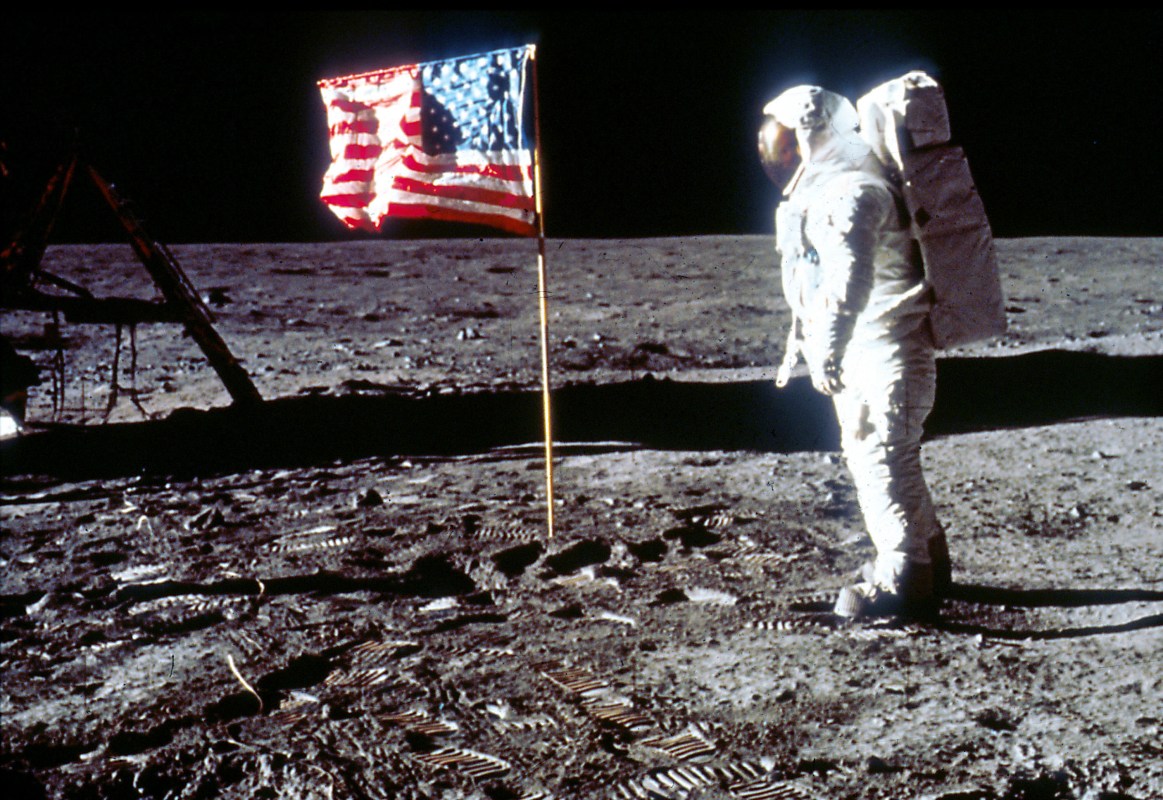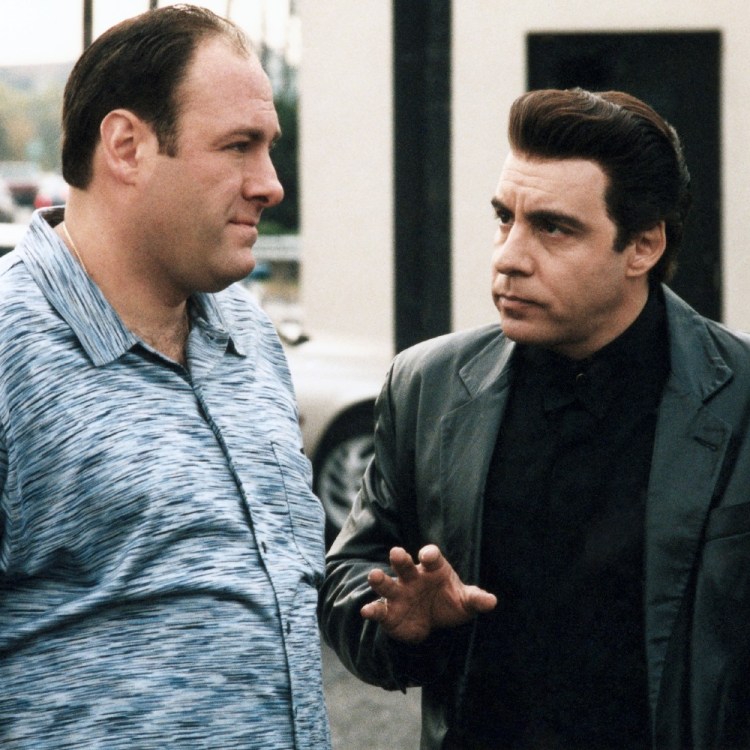Getting a man to the moon was an enormous achievement and a huge undertaking for a ton of people who worked towards that goal. But the big accomplishment sort of started and ended right there.
MIT Technology Review wrote that space historian Roger Launius described it best in his new book, Apollo’s Legacy, where he wrote, “At a basic level, the president’s Apollo decision was to the United States what the pharaohs’ determination to build the pyramids was to Egypt.”
Meaning: while NASA and America were able to achieve the landing itself, it didn’t necessarily create anything new that has pushed science or technology forward. What putting a person on the moon has actually done is spur the mindset that we, as a society, can do almost anything.
But according to MIT, the “almost anythings” of the world, like climate change and poverty, are largely political and social problems — neither of which can be positively affected by the Apollo 11 mission. What the space program has done for mankind is provide a launchpad, so to speak, for perfecting our aviation systems and the technology needed for it all to work.
It’s worth mentioning here that before the mission made it to the moon, 38 people from the U.S. and the former Soviet Union combined had orbited the moon successfully. Since then, 558 individuals from about 40 countries have made the trip and further expanded humanity’s exposure to space and its mysteries.
That data collected during the missions — on how to successfully get people into space, keep them healthy and get them back on the ground — hasn’t been largely used, MIT noted. Both International Space Station and the shuttle that services it have gone wildly over their budgets while not always following through on the scientific discovery or advancement they promise.
The one desired result that could be directly attributed to the moon landing — space travel — is still in its infancy. And while intrepid billionaires like Jeff Bezos and Elon Musk are doing their best to speed up development, it will be a long, long time before it’s any kind of democratized, affordable reality.
Until then, Armstrong’s “giant leap” will remain an unfulfilled claim.
Editor’s Note: RealClearLife, a news and lifestyle publisher, is now a part of InsideHook. Together, we’ll be covering current events, pop culture, sports, travel, health and the world. Subscribe here for our free daily newsletter.
Thanks for reading InsideHook. Sign up for our daily newsletter and be in the know.


















